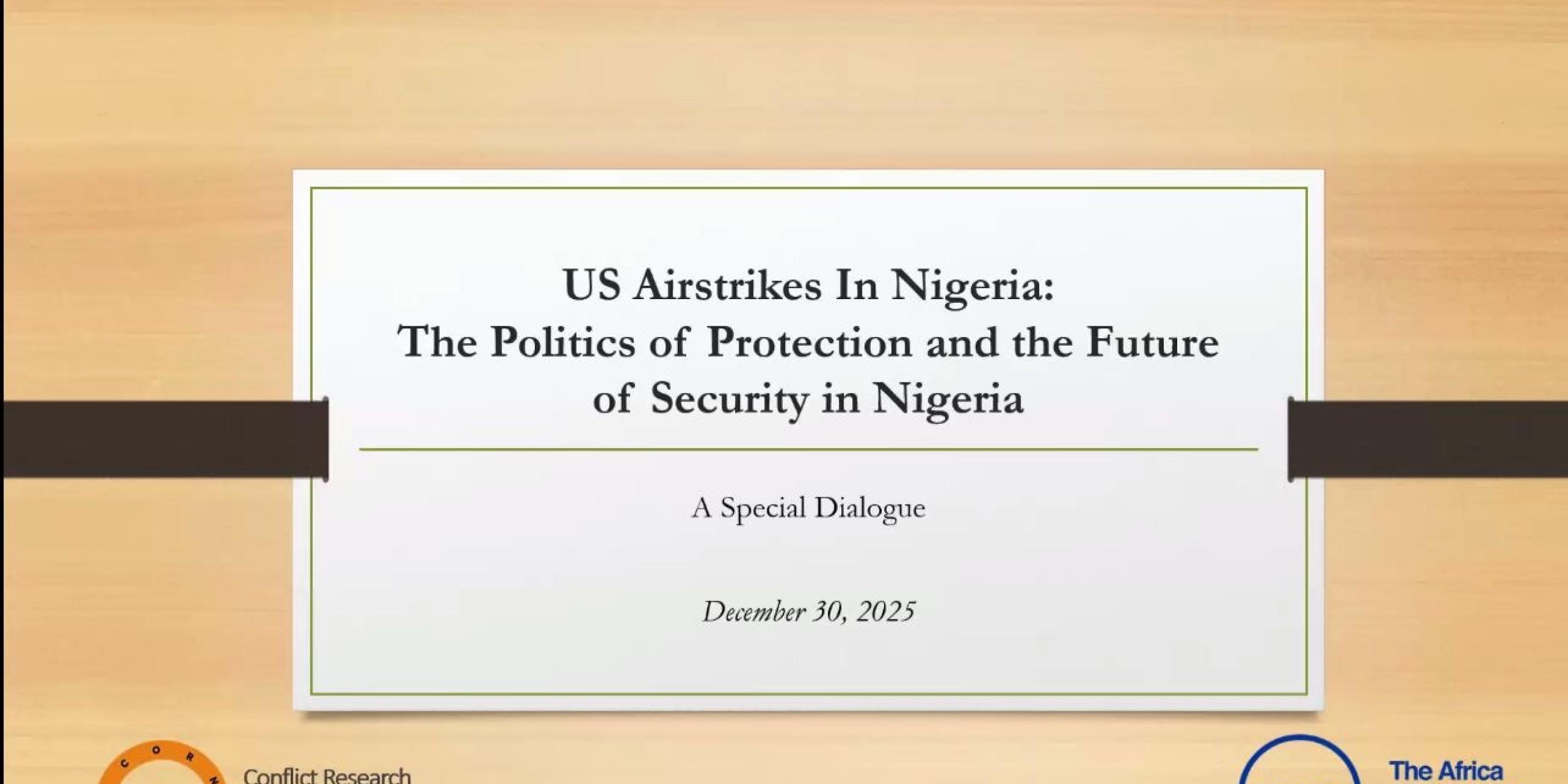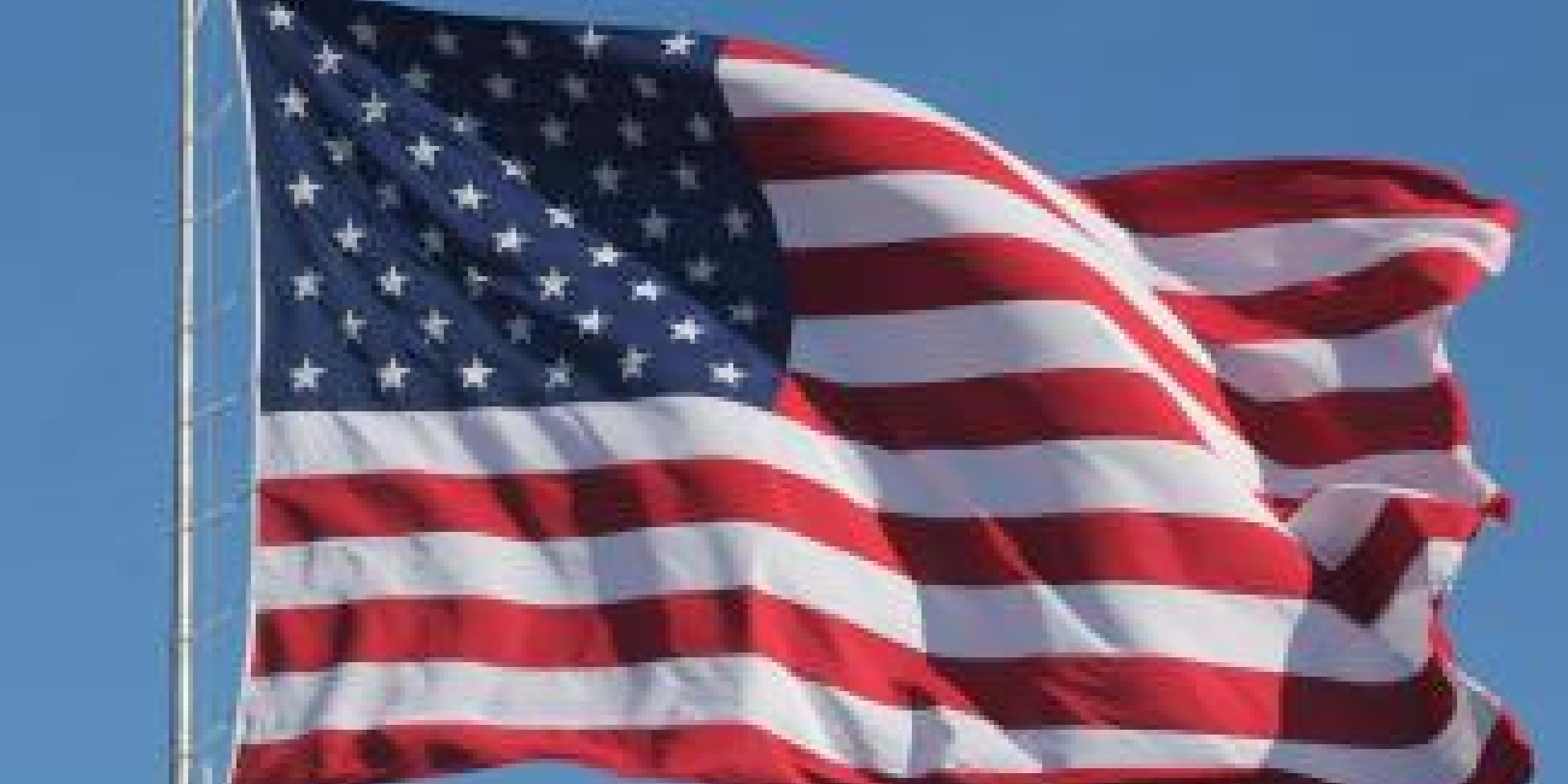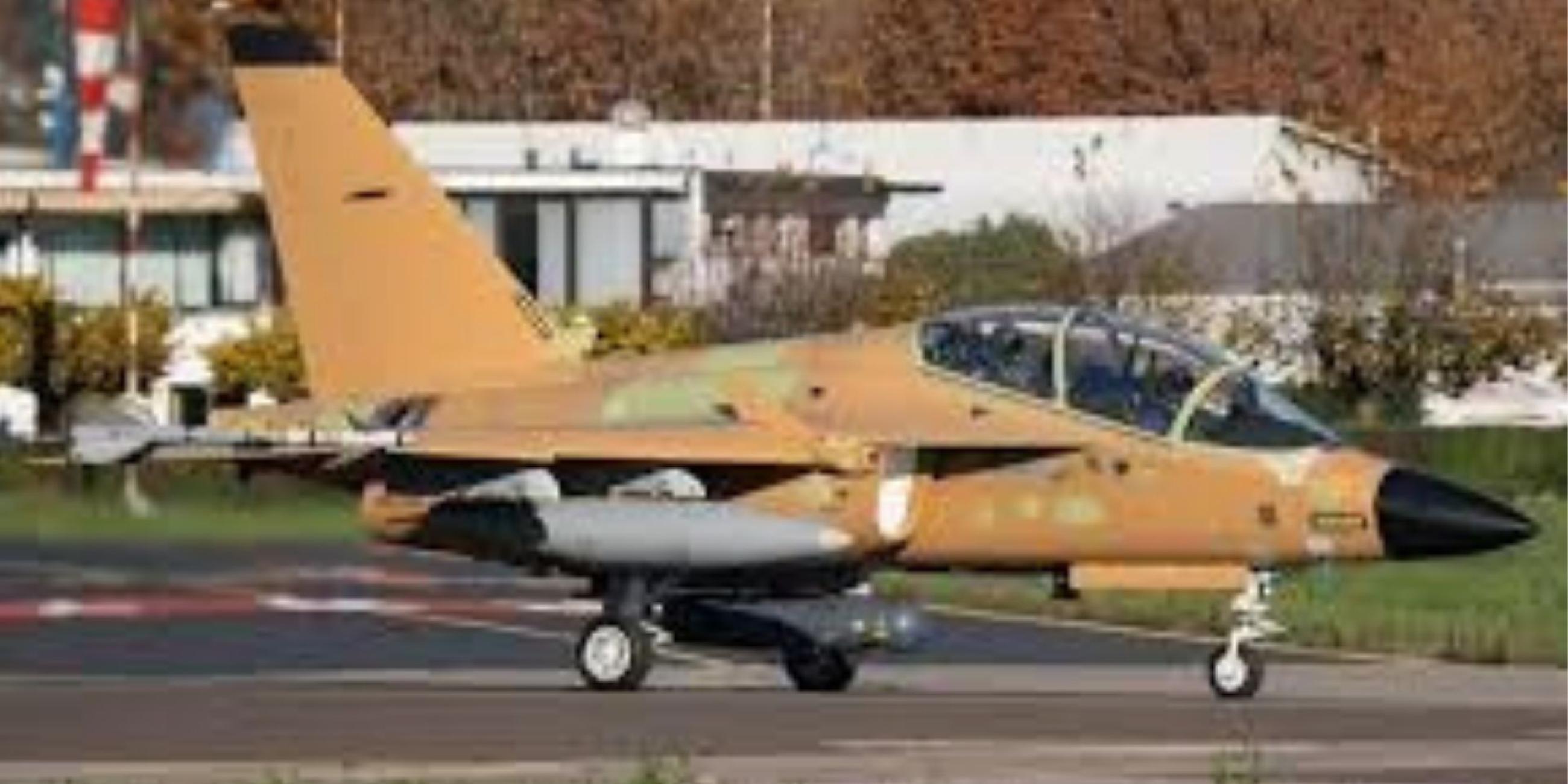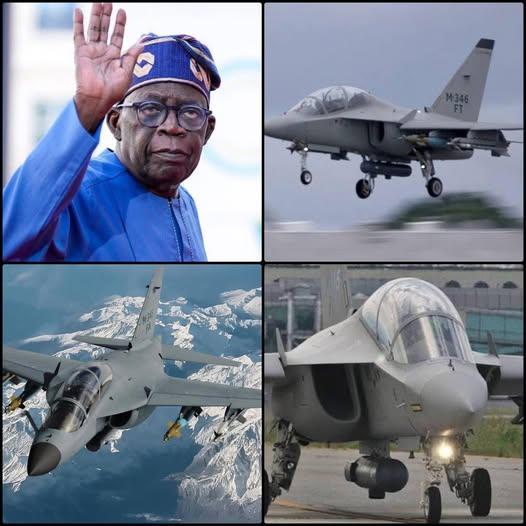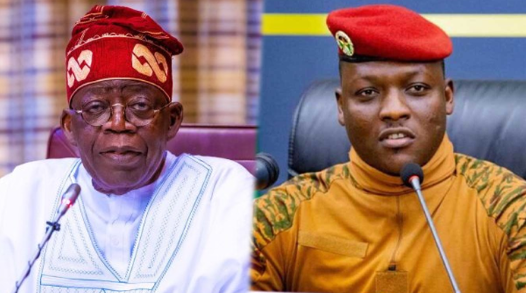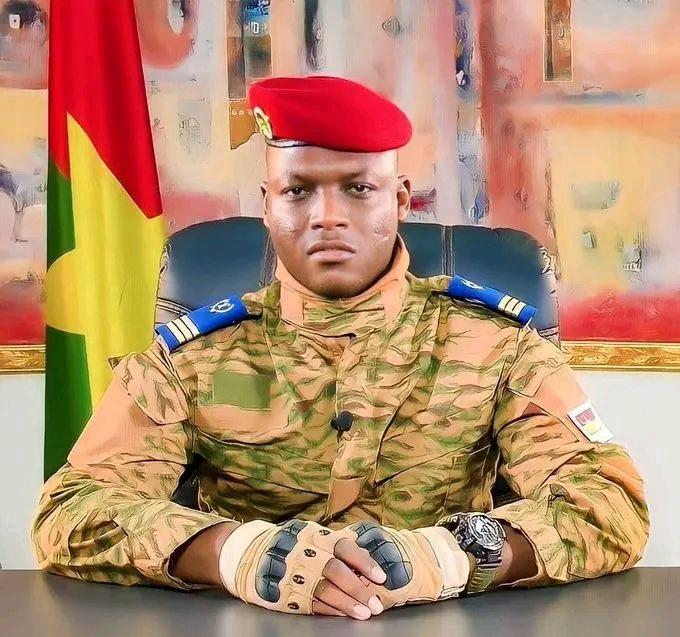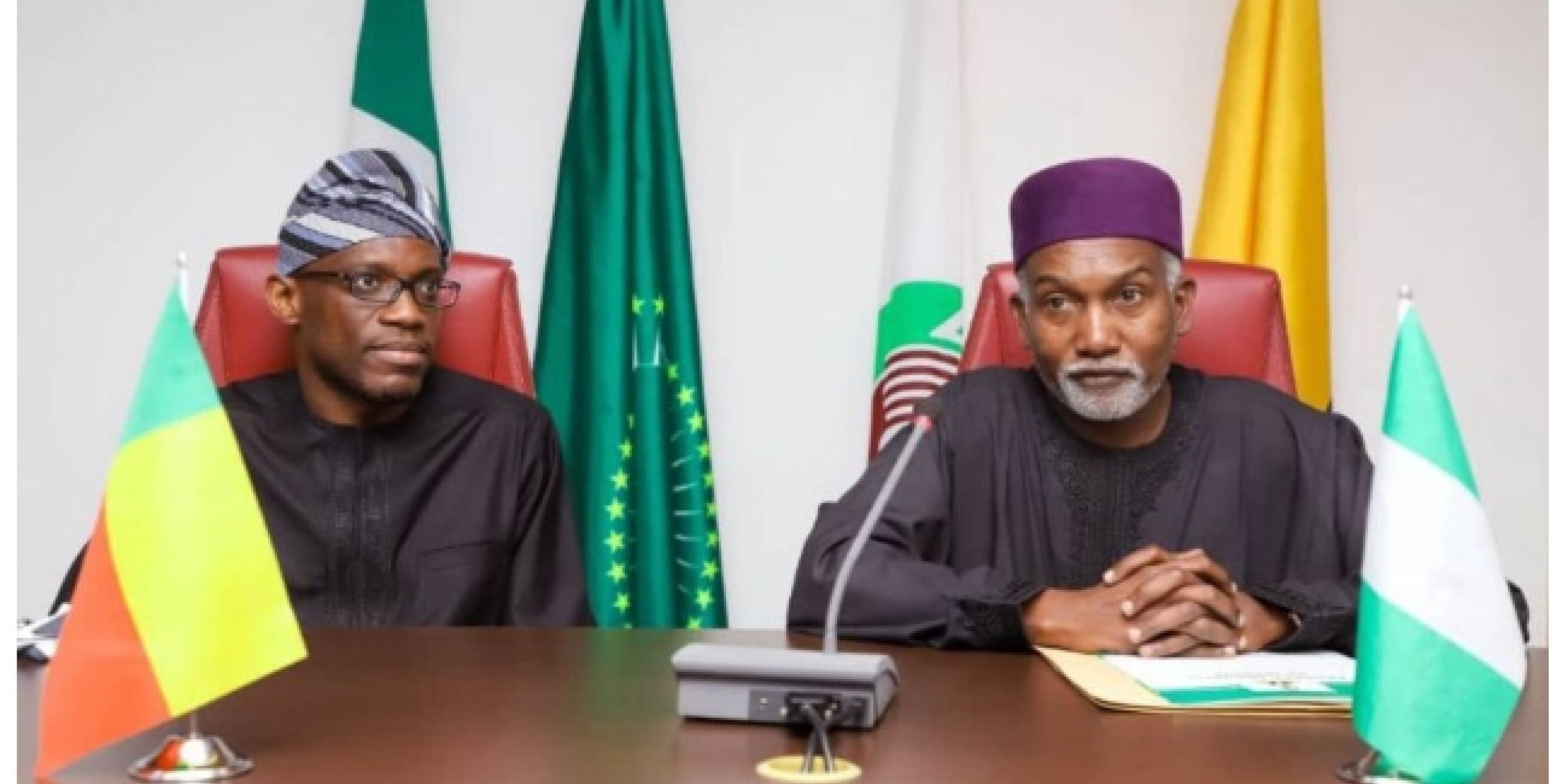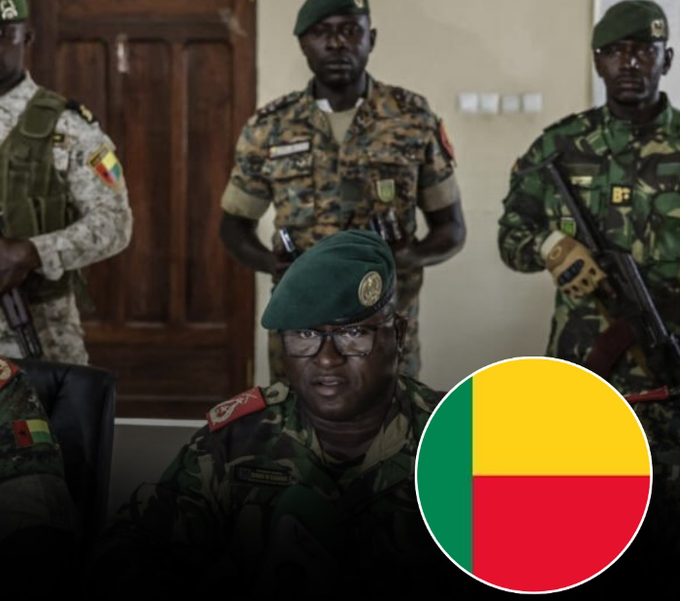WHEN A TERRORIST TESTIFIES BEFORE THE WORLD:
BELLO TURJI SPEAKS, AND NIGERIA STANDS ACCUSED
By
Sa'adiyyah Adebisi Hassan
What does it mean when a country’s Minister of Defence becomes the subject of a public rebuttal by a self-confessed terrorist?
What do we call a nation where a mass murderer feels confident enough to issue a sermon, clarify figures, confirm negotiations, and invoke God while the state watches in silence?
Nigeria no longer needs analysts.
Nigeria now has testimony.
FULL STATEMENT BY BELLO TURJI (UNEDITED, QUOTED IN FULL)
Bello Turji, a globally wanted terrorist leader responsible for mass killings, kidnappings, and terror across Nigeria’s North-West, released a video message. Below is his statement quoted word for word, from A to Z, as spoken:
“In the name of Allah, the Most Beneficent, the Most Merciful.
People of the world, I greet you with the Islamic greeting: Assalamu alaykum wa rahmatullahi wa barakatuhu.
My Muslim brothers and sisters in Nigeria and across West Africa, I wish you well. I do not need to mention my name, everyone knows who I am. I am Muhammad Bello Turji.
We make demands on the government, and if the government listens and changes its ways, by Allah, there will be peace. But if the government refuses, then by Allah, you know who I am. I am Bello Turji.
I am here to send a message to those who have turned our lives in Nigeria into dust. They keep killing us, and they keep arguing among themselves, blaming one another for what is happening.
I listened to the confession of Musa Kamarawa, who does not know what he is doing. This same Musa is claiming he has evidence, especially after Matawalle sued the cleric Murtala Asada.
Musa Kamarawa, by your own words you have now admitted that you are a terrorist like us. Yes, I agree that the Zamfara State Government under Matawalle asked you to act as an intermediary between us and the government in order to negotiate peace. But about three percent of what you are saying is a lie.
You claimed that we came to the Government House and that Matawalle gave me ₦30 million. I swear by Allah, since the day I was born, Matawalle has never given me even ₦5 million. I am not here to defend Matawalle.
In this world, the person I hate most is Matawalle. During his tenure as governor, there was a day when we buried 70 people - men, women, and children - killed by a bomb blast. It was also during his tenure that my father was unjustly arrested and sent to prison. You know this very well. So tell me, how can I love Matawalle?
However, I will not allow you to use my name to defame someone or lie against anyone. Yes, during Matawalle’s era, negotiations took place. Anything you say, I can defend myself alongside the late Kachalla Halilu, who is no longer alive.
Musa, you are a hypocrite. You claimed Matawalle gave us ₦30 million - were you the one who held the money? I am a witness. Morsidi and I went to see Matawalle, but he did not give me even ₦3 million. I swear to Allah.
You also spoke about dusa. The dusa was given after negotiations, when we agreed to stop killing and the government also agreed to stop killing us. Your committee was given the responsibility to buy the dusa, at ₦650,000 per bag.
Musa, you do not fear Allah. You are a bad person. Even if Matawalle is killed today and only you are left, you will not live forever. Fear Allah, Musa Kamarawa. Fear Allah.
If terrorists are truly what the authorities are looking for, then they should arrest your godfathers - the former governor of Sokoto State and Yarima. We have heard that what is happening in Zamfara and Sokoto began with them. Were they not the ones who destroyed Fulani houses? Were they not the ones who created local vigilante groups to kill Fulani people?
Musa Kamarawa, you know me and I know you. The house you live in, in Isa Local Government - about one kilometre away - was it not your godfather who bought Fulani settlements and cleared them? Yet you still ask who brought trouble to Zamfara? Your godfathers are the source.
Subhanallahi, wa iyyazu billahi.
Before Matawalle became governor - during Shehi’s era - who then was sponsoring us ? We come from Rabbil ‘Alamin, from Almighty Allah. No one is bankrolling us.
If you are attempting blackmail, know this: no one can use us for politics. We have nothing to do with politicians. No one can use me to blackmail anyone.
Matawalle cheated me, and I leave him to Rabbil ‘Alamin.”
That is the full statement.
Nothing added. Nothing removed.
WHAT THIS CONFESSION ACTUALLY MEANS
Strip away the religious language and personal grudges, and what remains is devastating:
1. A terrorist publicly admits to negotiations with a state government.
2. He confirms intermediaries were officially used.
3. He confirms material items (“dusa”) were provided after negotiations.
4. He disputes amounts - not the act itself.
This is not denial.
This is damage control between criminals and power.
INTERNATIONAL LAW: THIS IS TERRORISM FINANCING - FULL STOP
Under international law, none of this is ambiguous.
United Nations Security Council Resolution 1373
Criminalizes:
Direct or indirect support to terrorist groups
Provision of funds, goods, food, or logistics
Negotiations that involve material benefit
There is no “peace talks” exception when:
terrorists remain armed,
no formal disarmament occurs,
and killings continue.
Financial Action Task Force (FATF)
Defines terrorism financing as:
“The provision or collection of funds or assets, directly or indirectly, with the intention or knowledge that they be used by a terrorist organisation.”
Food, vehicles, cash, livestock feed - all qualify as assets.
Comparative Reality
In Colombia, officials went to prison for negotiating with FARC.
In Italy, governments collapsed over mafia talks.
In Pakistan, ministers were removed for “contacts.”
In France or the UK, a defence official would be suspended within hours.
In Nigeria, a terrorist clarifies the deal on video.
THE MOST DAMNING PART: THE CONFIDENCE
Bello Turji did not hide. He did not run. He did not whisper.
He spoke calmly. He invoked God. He corrected records. He warned others.
That confidence is not accidental.
It comes from a system that has lost its fear of law.
THIS IS STATE FAILURE IN REAL TIME
This is no longer about politics. Not about parties. Not about religion.
This is about whether Nigeria still qualifies as a sovereign state under international norms.
When terrorists speak like insiders,
when defence officials remain untouched,
when confessions meet silence,
the world draws its own conclusions.
Nigeria is crying and the evidence is speaking for itself.
WHEN A TERRORIST TESTIFIES BEFORE THE WORLD:
BELLO TURJI SPEAKS, AND NIGERIA STANDS ACCUSED
By
Sa'adiyyah Adebisi Hassan
What does it mean when a country’s Minister of Defence becomes the subject of a public rebuttal by a self-confessed terrorist?
What do we call a nation where a mass murderer feels confident enough to issue a sermon, clarify figures, confirm negotiations, and invoke God while the state watches in silence?
Nigeria no longer needs analysts.
Nigeria now has testimony.
FULL STATEMENT BY BELLO TURJI (UNEDITED, QUOTED IN FULL)
Bello Turji, a globally wanted terrorist leader responsible for mass killings, kidnappings, and terror across Nigeria’s North-West, released a video message. Below is his statement quoted word for word, from A to Z, as spoken:
“In the name of Allah, the Most Beneficent, the Most Merciful.
People of the world, I greet you with the Islamic greeting: Assalamu alaykum wa rahmatullahi wa barakatuhu.
My Muslim brothers and sisters in Nigeria and across West Africa, I wish you well. I do not need to mention my name, everyone knows who I am. I am Muhammad Bello Turji.
We make demands on the government, and if the government listens and changes its ways, by Allah, there will be peace. But if the government refuses, then by Allah, you know who I am. I am Bello Turji.
I am here to send a message to those who have turned our lives in Nigeria into dust. They keep killing us, and they keep arguing among themselves, blaming one another for what is happening.
I listened to the confession of Musa Kamarawa, who does not know what he is doing. This same Musa is claiming he has evidence, especially after Matawalle sued the cleric Murtala Asada.
Musa Kamarawa, by your own words you have now admitted that you are a terrorist like us. Yes, I agree that the Zamfara State Government under Matawalle asked you to act as an intermediary between us and the government in order to negotiate peace. But about three percent of what you are saying is a lie.
You claimed that we came to the Government House and that Matawalle gave me ₦30 million. I swear by Allah, since the day I was born, Matawalle has never given me even ₦5 million. I am not here to defend Matawalle.
In this world, the person I hate most is Matawalle. During his tenure as governor, there was a day when we buried 70 people - men, women, and children - killed by a bomb blast. It was also during his tenure that my father was unjustly arrested and sent to prison. You know this very well. So tell me, how can I love Matawalle?
However, I will not allow you to use my name to defame someone or lie against anyone. Yes, during Matawalle’s era, negotiations took place. Anything you say, I can defend myself alongside the late Kachalla Halilu, who is no longer alive.
Musa, you are a hypocrite. You claimed Matawalle gave us ₦30 million - were you the one who held the money? I am a witness. Morsidi and I went to see Matawalle, but he did not give me even ₦3 million. I swear to Allah.
You also spoke about dusa. The dusa was given after negotiations, when we agreed to stop killing and the government also agreed to stop killing us. Your committee was given the responsibility to buy the dusa, at ₦650,000 per bag.
Musa, you do not fear Allah. You are a bad person. Even if Matawalle is killed today and only you are left, you will not live forever. Fear Allah, Musa Kamarawa. Fear Allah.
If terrorists are truly what the authorities are looking for, then they should arrest your godfathers - the former governor of Sokoto State and Yarima. We have heard that what is happening in Zamfara and Sokoto began with them. Were they not the ones who destroyed Fulani houses? Were they not the ones who created local vigilante groups to kill Fulani people?
Musa Kamarawa, you know me and I know you. The house you live in, in Isa Local Government - about one kilometre away - was it not your godfather who bought Fulani settlements and cleared them? Yet you still ask who brought trouble to Zamfara? Your godfathers are the source.
Subhanallahi, wa iyyazu billahi.
Before Matawalle became governor - during Shehi’s era - who then was sponsoring us ? We come from Rabbil ‘Alamin, from Almighty Allah. No one is bankrolling us.
If you are attempting blackmail, know this: no one can use us for politics. We have nothing to do with politicians. No one can use me to blackmail anyone.
Matawalle cheated me, and I leave him to Rabbil ‘Alamin.”
That is the full statement.
Nothing added. Nothing removed.
WHAT THIS CONFESSION ACTUALLY MEANS
Strip away the religious language and personal grudges, and what remains is devastating:
1. A terrorist publicly admits to negotiations with a state government.
2. He confirms intermediaries were officially used.
3. He confirms material items (“dusa”) were provided after negotiations.
4. He disputes amounts - not the act itself.
This is not denial.
This is damage control between criminals and power.
INTERNATIONAL LAW: THIS IS TERRORISM FINANCING - FULL STOP
Under international law, none of this is ambiguous.
United Nations Security Council Resolution 1373
Criminalizes:
Direct or indirect support to terrorist groups
Provision of funds, goods, food, or logistics
Negotiations that involve material benefit
There is no “peace talks” exception when:
terrorists remain armed,
no formal disarmament occurs,
and killings continue.
Financial Action Task Force (FATF)
Defines terrorism financing as:
“The provision or collection of funds or assets, directly or indirectly, with the intention or knowledge that they be used by a terrorist organisation.”
Food, vehicles, cash, livestock feed - all qualify as assets.
Comparative Reality
In Colombia, officials went to prison for negotiating with FARC.
In Italy, governments collapsed over mafia talks.
In Pakistan, ministers were removed for “contacts.”
In France or the UK, a defence official would be suspended within hours.
In Nigeria, a terrorist clarifies the deal on video.
THE MOST DAMNING PART: THE CONFIDENCE
Bello Turji did not hide. He did not run. He did not whisper.
He spoke calmly. He invoked God. He corrected records. He warned others.
That confidence is not accidental.
It comes from a system that has lost its fear of law.
THIS IS STATE FAILURE IN REAL TIME
This is no longer about politics. Not about parties. Not about religion.
This is about whether Nigeria still qualifies as a sovereign state under international norms.
When terrorists speak like insiders,
when defence officials remain untouched,
when confessions meet silence,
the world draws its own conclusions.
Nigeria is crying and the evidence is speaking for itself.







